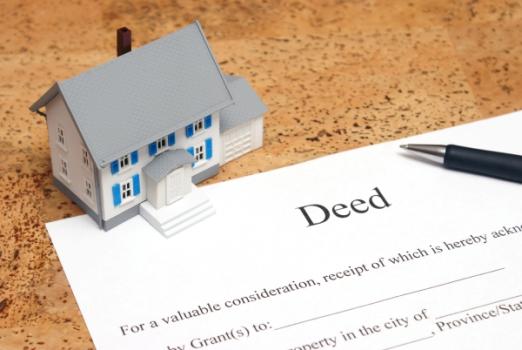
Arizonans should be aware of a recent decision from the Arizona Supreme Court that increases consequences for unsuspecting victims of deed fraud.
Arizonans should be aware of a recent decision from the Arizona Supreme Court that increases consequences for unsuspecting victims of deed fraud. Deeds are official documents that memorialize the owner of real property. When real property is bought, inherited, or otherwise conveyed, the deed is transferred to the new owner, who formally records the document with the county in which the real property exists to signify a change in ownership. However, scammers can create fraudulent deeds by forging landowner’s signatures, purporting to transfer the real property without the rightful owner’s consent. The Arizona Supreme Court’s recent ruling in Dominguez will impact victims of deed fraud moving forward, as it holds that if certain conditions are met, a recorded fraudulent deed can strip landowners of their property rights.1
The Case
In Estate of Magdalena Rios De Dominguez v. Renee Kay Dominguez, the Arizona Supreme Court was asked to address a family dispute over an unoccupied piece of real property in Maricopa County.2 In 1995, Magdalena and Isidro Dominguez acquired the property in question. After the couple divorced in 1998, their son Jose and his wife Renee recorded a deed in 2003 purporting to convey the property to themselves, and Jose and Renee began paying the taxes on the property from thereon. In 2020, Magdalena discovered the 2003 recorded deed and claiming it was forged, filed a “quiet title” suit asking the Court to declare her the rightful owner of the property.
Reprinted courtesy of Lauren P. Merdinger, Snell & Wilmer, Ryan D. Konsdorf, Snell & Wilmer and Jordin Pettit, Snell & Wilmer
Ms. Merdinger may be contacted at lmerdinger@swlaw.com
Mr. Konsdorf may be contacted at rkonsdorf@swlaw.com
Ms. Pettit may be contacted at jpettit@swlaw.com